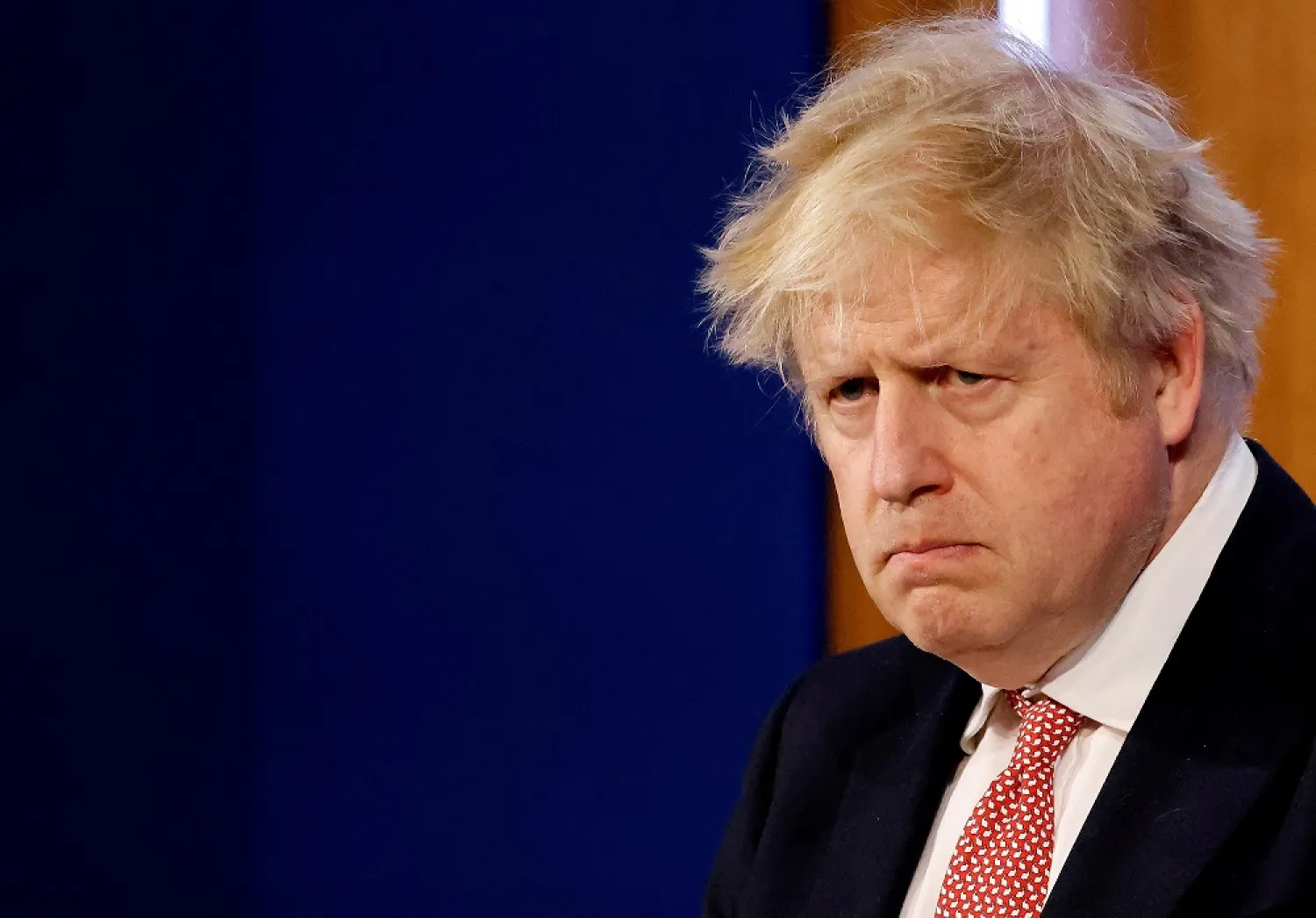Britain on Tuesday slapped sanctions on five Russian banks and three men, including Gennady Timchenko, who have close links to Vladimir Putin after the Kremlin chief ordered the deployment of troops to two breakaway regions in eastern Ukraine.
British Prime Minister Boris Johnson said Russia was heading towards "pariah status" and that the world must now brace for the next stage of Putin's plan, saying that the Kremlin was laying the ground for a full-scale invasion of Ukraine.
Britain has threatened to cut off Russian companies' access to US dollars and British pounds, blocking them from raising capital in London and to expose what Johnson calls the "Russian doll" of property and company ownership.
Johnson told parliament that five banks - Rossiya, IS Bank, GenBank, Promsvyazbank and the Black Sea Bank - were being sanctioned, along with three people - Timchenko, Igor Rotenberg and Boris Rotenberg.
"This is the first tranche, the first barrage of what we are prepared to do," Johnson said.
"Any assets they hold in the UK will be frozen and the individuals concerned will be banned from traveling here," Johnson said of the individuals being sanctioned.
Some British lawmakers asked Johnson to be tougher on Russian money, even demanding that Russian oligarchs be ejected from Britain and Russian money be dug out of the City of London.
Hundreds of billions of dollars have flowed into London and Britain's overseas territories from Russia since the fall of the Soviet Union in 1991, and London has become the Western city of choice for the super-wealthy of Russia and other former Soviet republics.
Timchenko
Britain said that Timchenko, one of the founders of Gunvor trading company, was a major shareholder in Bank Rossiya, itself a stakeholder in National Media Group which supported the destabilization of Ukraine after Russia's 2014 annexation of Crimea.
"Bank Rossiya has supported the consolidation of Crimea into the Russian Federation by integrating the financial system following the annexation of Crimea," Britain said.
Timchenko, who Forbes says is worth 23.5 billion pounds, is a close ally of Russian President Putin, as are the Rotenbergs, Johnson said.
"Boris Rotenberg... is a prominent Russian businessman with close personal ties to (the) Russian President," Britain said. "Igor Rotenberg is a prominent Russian businessmen with close familial ties to President Putin."
The US Treasury has also sanctioned the Rotenbergs as being billionaires who have made fortunes under Putin.
Britain has threatened to cut off Russian companies' access to US dollars and British pounds, blocking them from raising capital in London and to expose what Johnson calls the "Russian doll" of property and company ownership.
"We must now brace ourselves for the next possible stages of Putin's plan," Johnson said. "Putin is establishing the pretext for a full scale offensive."
Russia's once mighty superpower economy is now smaller than Italy's based on IMF data, with a nominal GDP of around $1.7 trillion.









